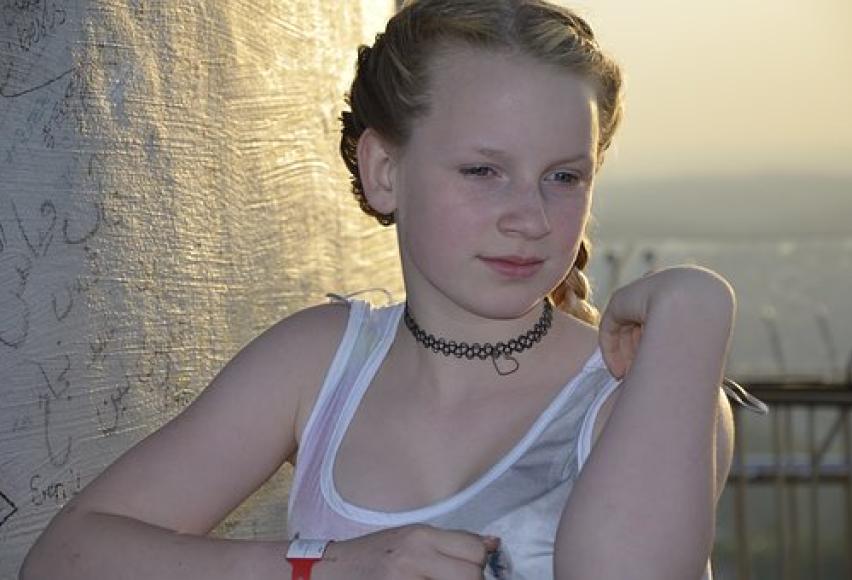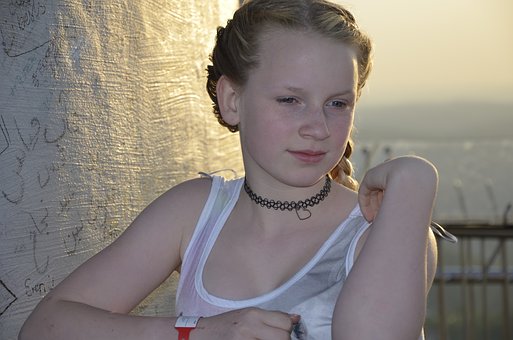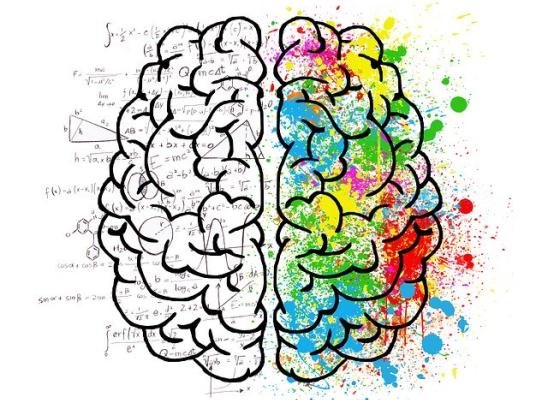New Research: Can computers be used to help children with trichotillomania?

Online test
Find out the severity of your symptoms with this free online test

Trichotillomania (trich) is a mental health disorder where a person repeatedly and recurrently pulls out their hair which causes hair loss and significant physical and psychological impairment. The disorder’s symptoms usually show up between 9 and 13 years of age, coinciding with the onset of puberty. Not much is known about the cause of the disorder, but research using brain imaging has provided evidence that trichotillomania results from impairment in response inhibition. Primarily, a person experiences an urge to pull their hair, but they cannot resist the urge or stop the behavior even when the response is inappropriate. Some research shows that the part of the brain that tells the body to stop a movement is impaired in people with trich.
Research drives treatment interventions
Thus far, therapeutic interventions for trich focus on behavior management, cognitive therapy, and changing habits. Some people benefit from pharmacological interventions, but most do not.
The new information about response inhibition opens the door for new therapies. A recent study tested the efficacy of a computerized intervention that trains children to improve response inhibition. The study included 20 children aged 9 to 17 years with trichotillomania diagnoses who were randomly assigned to the treatment group or a waitlist group. The treatment group participated in the training while the waitlist group did. All participants went through basic assessment procedures before the experiment, including a test of response inhibition and evaluation of hair pulling behavior severity.
Response inhibition was assessed using a Stop Signal Task (SST) and a Go/No Go task. Each test is a variation of the other in which participants were presented visual cues which either require an action or require no action. Participant response was measured for accuracy and timing.

The therapeutic intervention tested is called RIT or response inhibition training. It is a 30-level computer game that uses tests similar to the SST and the Go/No Go assessment. However, the computer game is presented with different trials, rewards, and levels. With different shapes, cues, and tasks presented at each level.
The results of the study showed that the children who participated in the RIT demonstrated improvement in response inhibition and hair pulling behaviors. When researchers followed up with those children one month later, the improvements were still there. The good news about this trial is that the computerized training results were just as good as a 16-week behavioral training protocol for children with trich. The computerized training is portable, easily accessible and does not take 16 weeks.
Limitations to the study
Despite the good news, there are many limitations to this study that prevent it from indicating a new effective treatment. The study was only conducted with 20 children, and only 10 of them participated in the training. The trial will need to be repeated many times and with more participants of varying age groups to show true effectiveness. Also, trich manifests in many ways, and response inhibition does not explain every one of them. This treatment method may work for some people, but it may not work for others. Finally, other variables may have contributed to the participants’ improved hair pulling behaviors that had nothing to do with the intervention.
The best news about this research is that studies of treatment interventions for trich continue and discoveries are giving more insight into options available with technology opening even more opportunities.
Reference
Lee, H. J., Espil, F. M., Bauer, C. C., Siwiec, S. G. & Woods, D. W. (2018). Computerized response inhibition training for children with trichotillomania. Psychiatry Research, 262, 20-27. https://doi.org/10.1016/j.psychres.2017.12.070
Online test
Find out the severity of your symptoms with this free online test
Start your journey with TrichStop
Take control of your life and find freedom from hair pulling through professional therapy and evidence-based behavioral techniques.
Start Now



